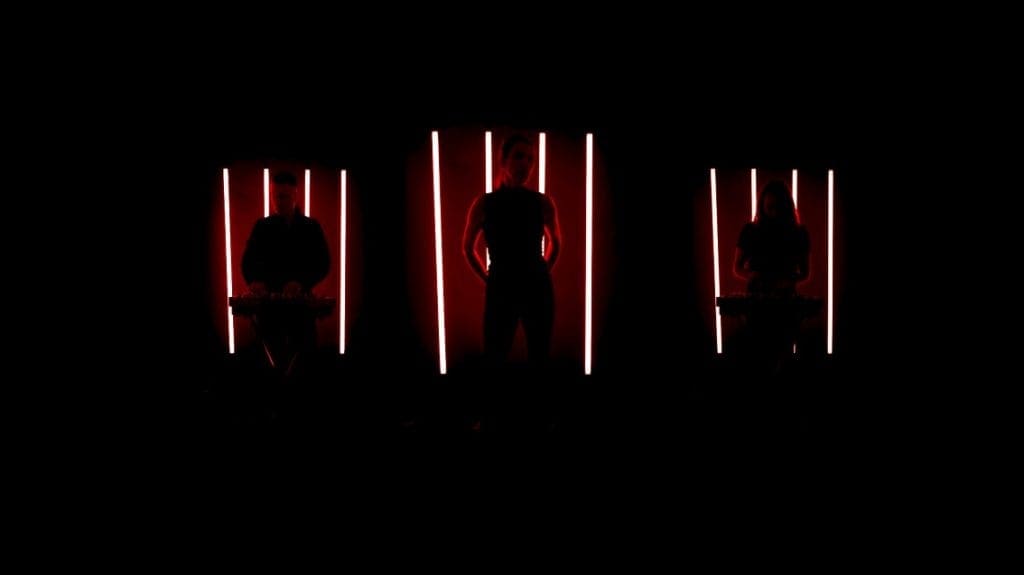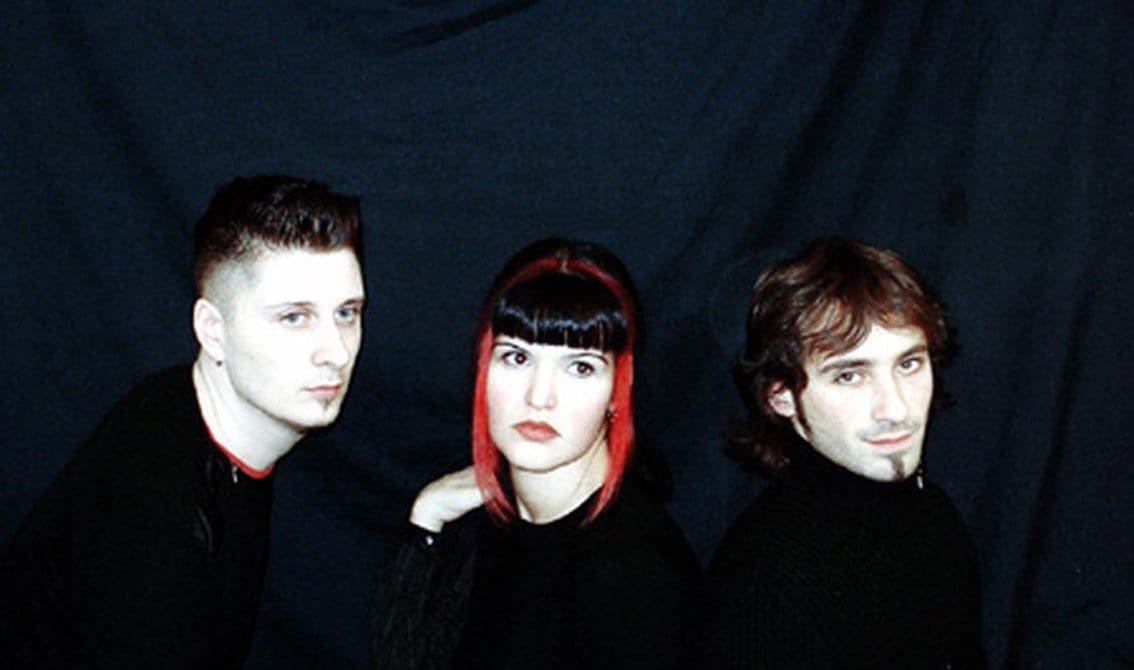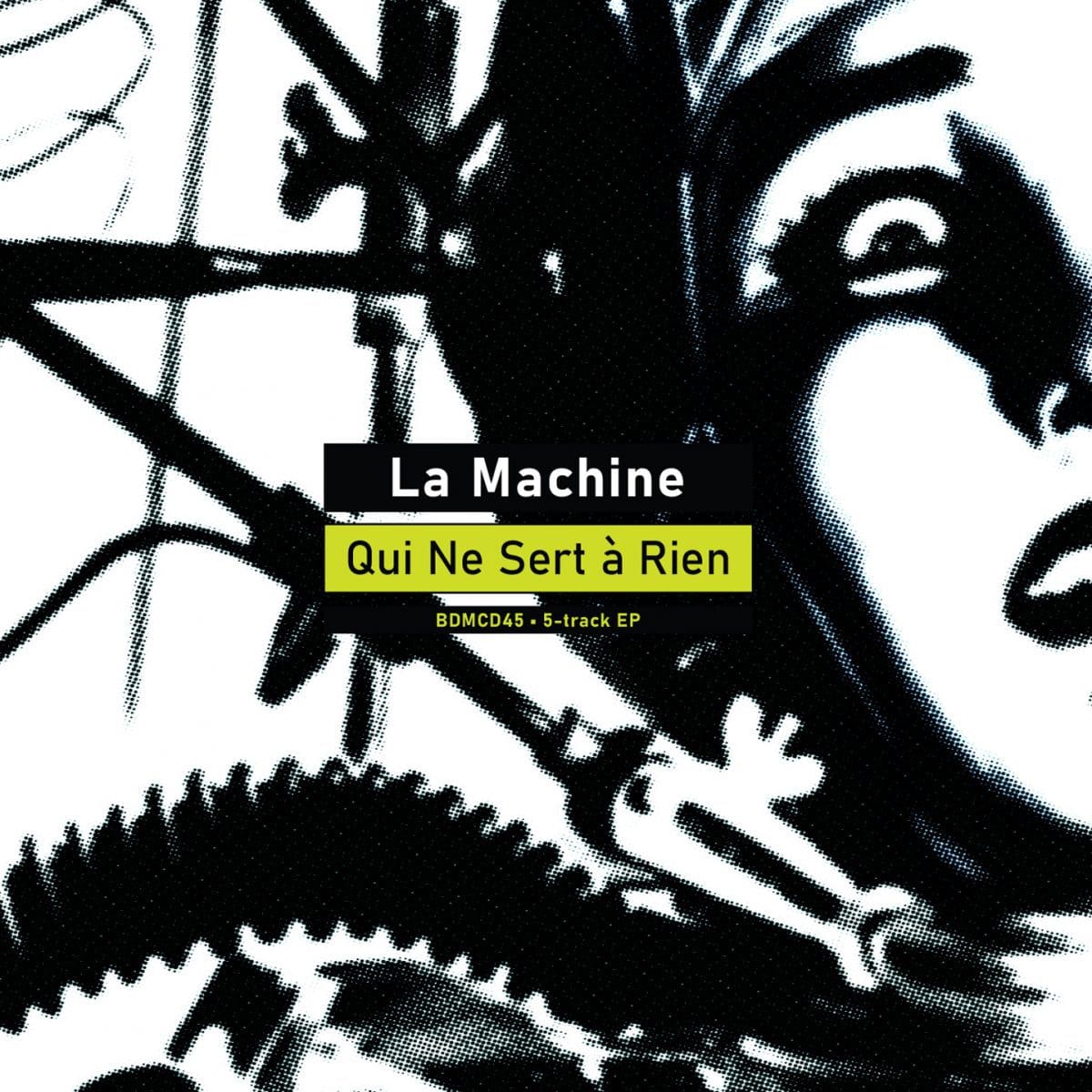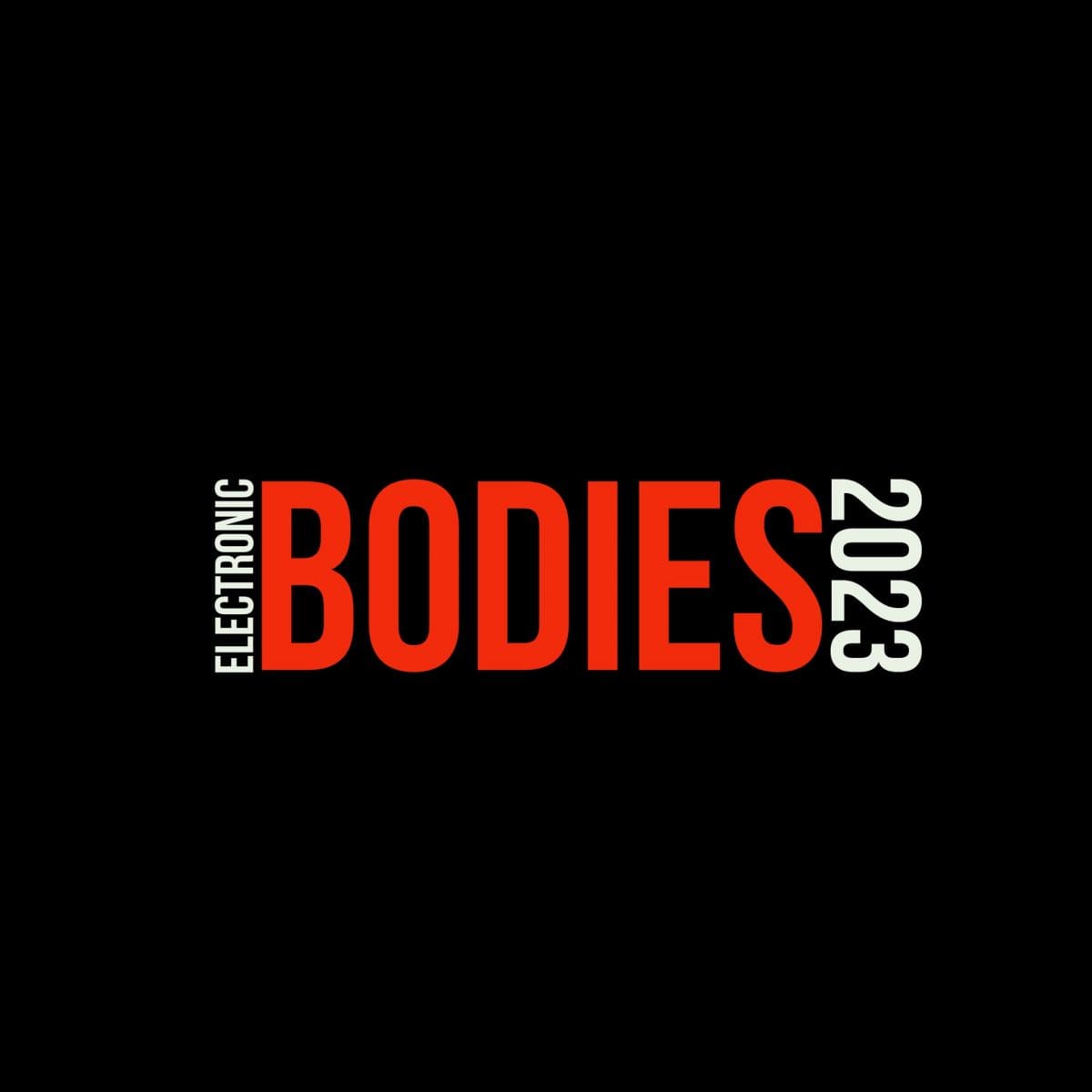‘Click Interview’ with Celluloide: ‘When We Hear Sounds, We See Shapes, Colors…’


Celluloide is a French synth-pop formation set up in 2000. Their work has been released by hometown label BOREDOMproduct. They a few months ago released their eight full length album “Futur Antérieur”, which I experienced as their most intimate work to date. The sound remains driven by electro-minimalistic pop structures and typical bleeping sequences. Darkleti, Member u-0176 and Patryck Holdwem kindly answered a few questions about their newest sonic creation.
(Courtesy by Inferno Sound Diaries)
Q: I noticed Celluloide this year celebrates its 20th anniversary! That’s for sure a milestone in your career. What does all these years of involvement evoke to you? Are you planning something special and how do you see the future?
Celluloide: Well, our first album “Naive Heart” was released in 2002, so we’re officially only 18… but we released our very first demo in 2000, so you are right it seems. It’s quite difficult to believe that so much time has passed, though this is a fear that we’ve expressed many time in our lyrics, nothing we can say or do will ever stop the time.
No, we didn’t think of a special thing to do, and didn’t plan anything… but now that you mention it, we’d love to see our first albums re-released as 12″ LP… that would be really a great gift for our 20’s.
Q: Let’s talk about the new album “ Futur Antérieur”. The title has something intriguing while sound-wise it seems you tried to compose the songs with a different approach. What is it all about and where do you place this work in the band’s discography?
Celluloide: Yes, this title is quite intriguing, and that’s why we like it. There’s probably one way to interpret what we really mean here… And well with such a name, the final position would be perfect in the discography.
We thought that our previous album “Art Plastique” was experimenting the limit between melodies and sound design, and wanted to take a more ‘pop’ and direct, let’s say ‘intuitive’ approach for “Futur Antérieur”. In a way we wanted to mix everything we’ve tested and developed on our previous albums over the years.
Q: I experienced “Futur Antérieur” as one of your most intimate releases to date. Is it something you recognize and what did you try to express lyrical wise?
Celluloide: I think it’s an impression. Just like when changing a chord makes the melody sound different… Of course writing in French let us express more precisely what we have in mind, but lots of Celluloide lyrics have deeper meaning than what you think at first. I know that lots of people think that most of our lyrics are typical love songs or melancolic themes, but it might be completely something else actually… usually we hide some keys in the text to decode the real meaning of songs, just like we did for tracks like “Et Si…” or “Le Baiser Géométrique” on “Hexagonal” or “Art Plastique”. This time we decided not to give the keys…
At first we wanted to add a sticker on the album or the limited mini-album “Modulation De Fréquence”, as a joke, with written ‘unexplicit lyrics – not easy to understand’…
Q: I’ve always experienced Celluloide as a band with a particular sound-DNA, which is mainly created through the typical bleeping noises and sequences. In, which way and after all the years do you feel ‘imprisoned’ and/or ‘restricted’ through this sound? And did you ever consider doing something completely different?
Celluloide: Well, actually we have always tried to evolve with each release, and work with new elements into each new album… and to us, we’ve always tried to move on.
I don’t think you can hear any EBM element in our two first albums, like “Words Once Said” for instance, but you can clearly hear them after the “Bodypop”-EP.
But you’re right, it’s true that we didn’t change everything at one step to do a completely different music, we evolved more gradually. Nevertheless I think we really try to reduce noises and bleeps on this new album, but I guess we can’t completely stop and we are what we are. We think that every artist is doing more ore less the same two of three songs again and again. We’re all just trying to make it not too obvious… some are managing to hide it better than others.
Q: Another typical element of the band is the artwork, which always had this styled and abstract, goniometric style. Tell us a bit more about the artwork and the link with the music and the lyrics?
Celluloide: This abstract geometric style, strongly inspired by the early 20s century avant-garde like De Stijl, Futurism, Constructivism or Suprematism, is actually not linked to the lyrics, but to the music.
When we hear sounds, we see shapes, colors… everyone speaks about the ‘roundness’” of a bass sound or the ‘sharpness’ of a medium sequence… That’s exactly how we see our music… and these 20’s paintings are expressing it so well that we couldn’t do it better. We’ve explained all our influences and references about graphic design on our webpage: http://www.celluloide.online.fr/c-artwork.php
Q: I think you never got the international recognition you deserve! Do you think there’re particular reasons to explain this lack of international recognition?
Celluloide: Thanks. of course when you write and record music, you want to reach the maximum amount of people, and you expect that they will like it. So we would have loved to be bigger. If we knew what to do for getting a bigger audience, we would have done it already.
Maybe French lyrics didn’t help us at some point… I don’t know. We have always tried to write and produce music, graphics and videos the best we can. That’s where our limits are. We probably can’t sell ourselves much better.
Since you’re here …
… we have a small favour to ask. More people are reading Side-Line Magazine than ever but advertising revenues across the media are falling fast. Unlike many news organisations, we haven’t put up a paywall – we want to keep our journalism as open as we can - and we refuse to add annoying advertising. So you can see why we need to ask for your help.
Side-Line’s independent journalism takes a lot of time, money and hard work to produce. But we do it because we want to push the artists we like and who are equally fighting to survive.
If everyone who reads our reporting, who likes it, helps fund it, our future would be much more secure. For as little as 5 US$, you can support Side-Line Magazine – and it only takes a minute. Thank you.
The donations are safely powered by Paypal.









